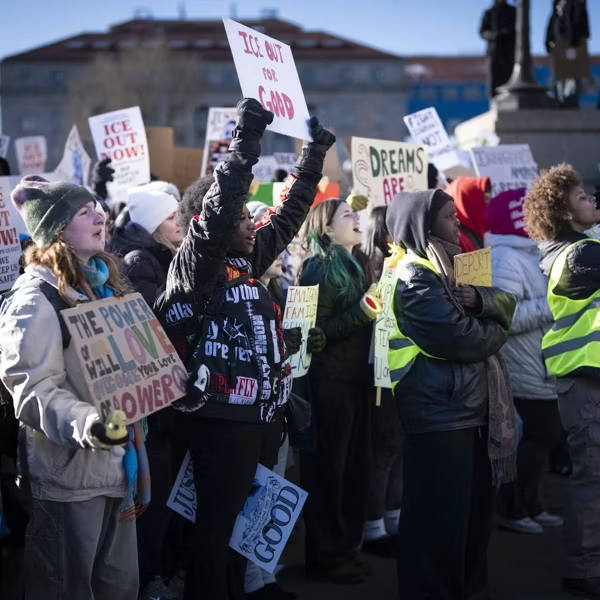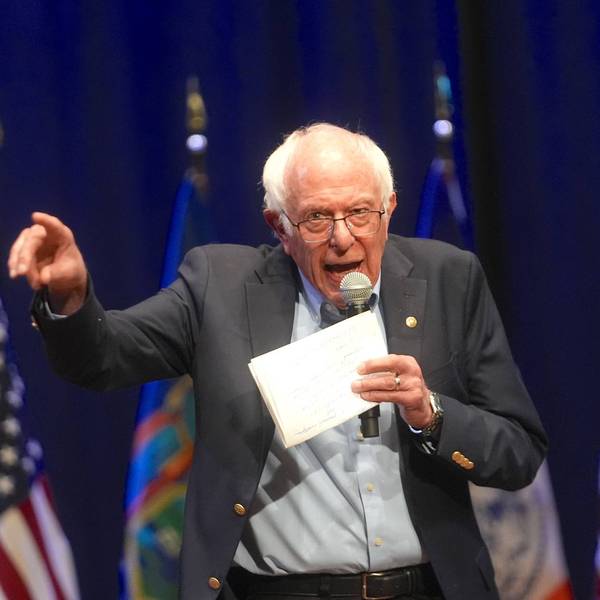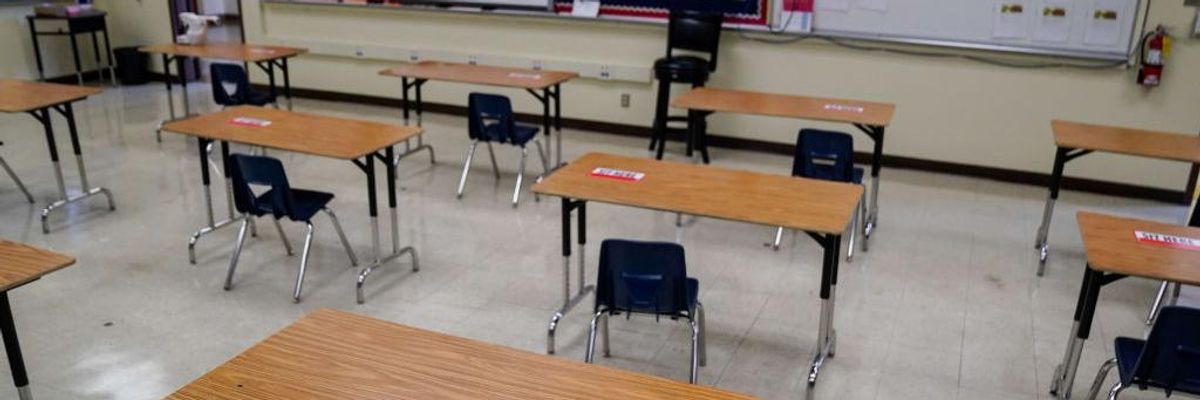Last Wednesday, Robert Redfield, director of the US Centers for Disease Control and Prevention, warned that if today's cultural practices under COVID continue, the country is in for "the worst fall, from a public health perspective, we've ever had." Will a country historically embedded in nationalism and relentless individualism listen? Will we all don the mask?
In the few weeks before more schools reopen in person, consideration for our collective social welfare seems a chimeric dream.
Until last week, there wasn't the guarantee of certified nurses in the largest school system in the country, which intends to reopen primarily in person. The 400 nurses New York City's Mayor de Blasio promises to hire by opening day won't be enough for the city's 1,800 schools and over 1 million students, 70,000 of who attend schools without nurses.
The debate over reopening schools is caught in webs of power that span the topography of America's politicized social conscience. On July 9, the Richmond Education Association (REA), a local union of the Virginia Education Association, which represents over 40,000 teachers and support staff, announced:
We would like to state what should be a very non-controversial position on returning to school during a global pandemic: we support a virtual return.
During the pandemic, not even the National Education Association, representing almost 3 million members, has so effectively targeted the real issues underlying reopening America's schools. The REA issued some of the most convincing arguments in the COVID anti-reopening schools movement which question our schools' de facto role as the nation's social safety net.
We are failing to ask the right questions: Why is our economy resting on schools as childcare centers? Why have we allowed for an income gap? . . . Why is it the case that schools, ostensibly responsible for education, have become the band-aid solution to basic food access and healthcare services to families?
The REA's queries into the social psyche engage an ardent and audacious love pedagogy, and such a love is inherently demonstrative of a love of the people. Its inquiry ends emphasizing the striking contrast between attacks on the public and the multitude of stanchions America affords the private:
If the economy so heavily depends on schools, why are businesses paying tax rates that allow for six figure salaries while schools don't even have functioning air-conditioning units?
Virginia has left the remote vs in-person decision up to local schools boards. On July 14, the Richmond School Board voted 8-1 in favor of reopening virtually.
While the REA successfully advocates for educators, Nicole Russell, a mother of four recently writing for The Atlantic, shares a common misunderstanding about the purpose of education. Russell pleads, "I can't keep doing this. Please open the schools." She laments, "The idea that I might have to continue to work while facilitating another subpar semester of virtual learning is almost too much to bear." This, Russell cries, while simultaneously admitting she chose to be a writer because it provides her the privilege of working at home while raising children.
We live intimately alongside an acceptance of social class privilege and a denial of social responsibility befitting the tale of the Emperor with No Clothes. Let me be clear: schools are not daycare centers. To have us believe they are is to mislead the public. Schools are sites in which intellectual workers, called teachers, create complex, dynamic learning environments in which young people discover, question, and create.
Teachers are not social workers, police, doctors, or psychotherapists. They are educators. The social service we compel them to provide is not the purpose of education. Schools are not supposed to be America's food pantries, homeless and domestic violence shelters, clinics, and childcare centers. As a country, we should question and resist the expectation that our schools and teachers serve in this role.
"Schools are not supposed to be America's food pantries, homeless and domestic violence shelters, clinics, and childcare centers. As a country, we should question and resist the expectation that our schools and teachers serve in this role. "
Let schools function as part of a greater social economy in which all institutions and people live up to exacting practices that build and sustain the public welfare.
The REA's position generated 442 comments and 11,000 shares on its Facebook page, which has a little over 1,400 followers. Its position evoked calls for strikes in districts that were not willing to take such a bold stance as well as shouts of gratitude like:
Thank you for being the first group I've seen that puts the health of us teachers, our students, and our families first and foremost! This statement was a glimpse of hope in the anxiety-filled days leading up to the new school year.
And yet there were some who commented with a sardonicism underscoring American ignorance, individualism, and abnegation of social responsibility:
Are you telling me no one in the school system with all their training and degrees could plan for these problems?
Seems to work for restaurants. Shut down for 48 hours to sanitize and back in business.
Plenty of people off work for this crap.
What is the difference of workplace provided child care and schools? Adults and children still have to mix.
In their efforts to rally teaching troops to fight the unwinnable coronavirus war inside classrooms, numerous school administrators have posted self-deprecating videos of themselves on a national forum of 43,000 educators. The videos show them masked, dancing to Michael Jackson's "Beat It," which appears to be the COVID national anthem of schools.
As we await a vaccine, we don't have time or adequate funding to prevent the biologics of capital warfare on school campuses. We must not use teachers and students as America's economic experimental weaponry. And yet we will.
It wouldn't take much to make things right for teachers, students, and their families, just a change of heart and policies. We don't need schools doubling as childcare centers, clinics, and homeless shelters. We need a universal approach to the public's welfare. And we need it before the fall.




